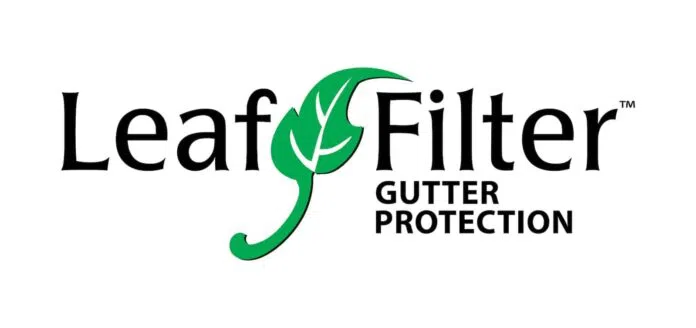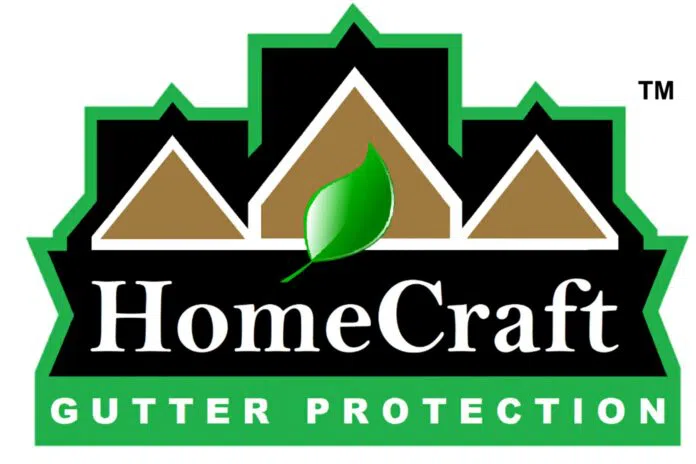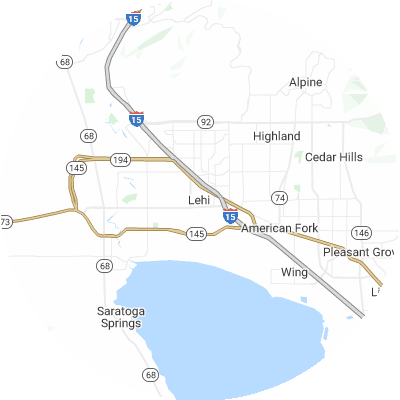Signs You May Need Gutter Guards
While gutter guards aren't always needed, signs of clogged gutters are clear. Issues stemming from persistent gutter problems include:
- Leaky joints or seams where water leaks from the gutters
- Mold growth, peeling exterior paint, or interior water stains on walls near gutters.
- Visibly damaged, sagging, or misaligned gutters that no longer direct rainwater correctly
- Frequent clogs that cause overflow and water to spill over gutters
- Soggy ground or visible erosion around your home's foundation
How To Choose a Gutter Guard Installer
Assess Their Experience
When selecting an installation company, look for one with years of experience and knowledge about various brands and guard types. An experienced company will understand how to measure and fit gutter guards for your specific needs. Ask about a company's years of experience and request referrals from local customers.
Verify Proper Licensing and Insurance
Always ensure your gutter guard installers are properly licensed, bonded, and hold workers compensation and general liability insurance. This protects you from liability for any injuries or accidents that might happen. Ask to see current licensing and insurance papers when talking with potential providers.
Choose Reputable Brands
Seek out companies that offer tenured and trusted gutter guard brands such as LeafFilter and Gutter Helmet. Be wary of companies that only carry generic no-name or their own off-brand guards, as these likely do not have the same rigorous testing as reputable national brands.
Seek Custom Fit Services
For superior performance, gutter guards need to be sized and cut on-site to match your specific gutter setup. Choose a company that custom measures and trims guards specifically for your home, rather than using generic guards. Accurately fitted guards will leave no gaps for debris to get stuck.
Examine Warranties
Leading gutter guard companies normally offer 20-year or lifetime warranties against clogs, rust, leaks, and other problems. Before picking a company, carefully read through the warranty terms for materials and workmanship guarantees. Warranties are the most effective means of protecting your gutter investment.
Check Reviews and Referrals
Be sure to check online reviews on the Better Business Bureau (BBB), Google Reviews, Yelp, and other review sites to read about customer experiences. Ask neighbors for recommendations of quality local gutter guard companies. When researching providers, we'd recommend opting for companies with a track record of consistently good feedback instead of just one or two reviews.
Types of Gutter Guards
The six typical types of gutter guards are as follows:
- Brush guards are made of large brush bristles that sit inside your gutters, stopping debris and allowing water to pass through. On average, you can expect to pay $4.02 per linear foot for brush guards.
- Foam guards consist of pieces of foam that sit in your gutters to stop debris. They're lightweight and easy to install. Foam guards cost roughly $2.44 per linear foot.
- Screen guards have large holes that let water through while stopping debris. Screen guards cost around $3.84 per linear foot.
- Mesh guards stop debris but allow water to flow through. Mesh guards have even smaller holes than screen guards. They're durable and encourage debris to slide off as opposed to sitting on top of the gutters. Mesh guards cost roughly $3.70 per linear foot.
- Micro-mesh guards have even smaller holes than mesh guards, letting even less debris through than mesh. They are extremely effective. On average, you can expect to pay $4.82 per linear foot for micro-mesh guards.
- Surface tension guards, also called reverse curve guards, use surface tension to allow water to flow into gutters while debris slides off. Normally, they can be seen from the ground. On average, you can expect to spend $2.84 per linear foot for surface tension guards.














